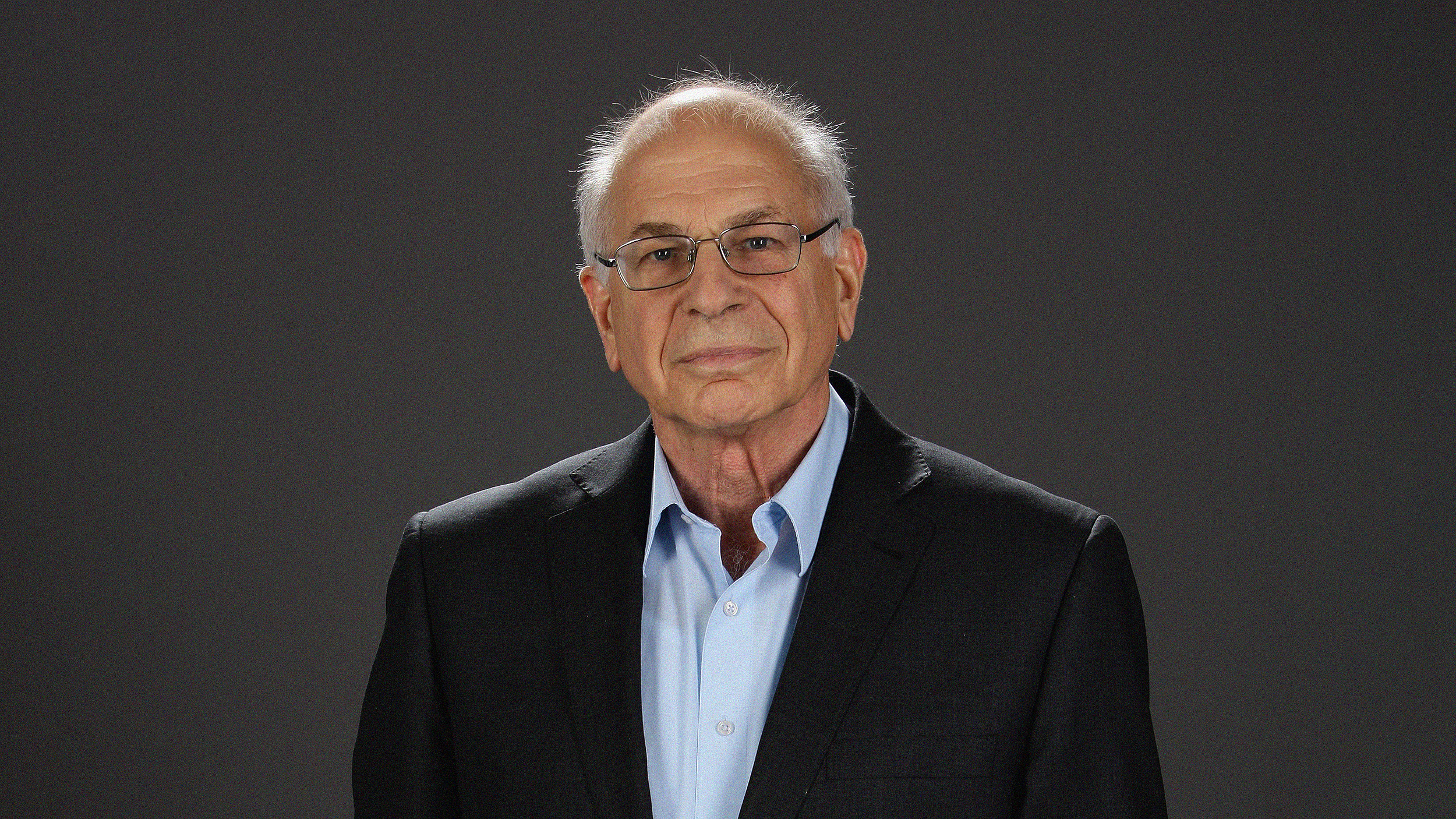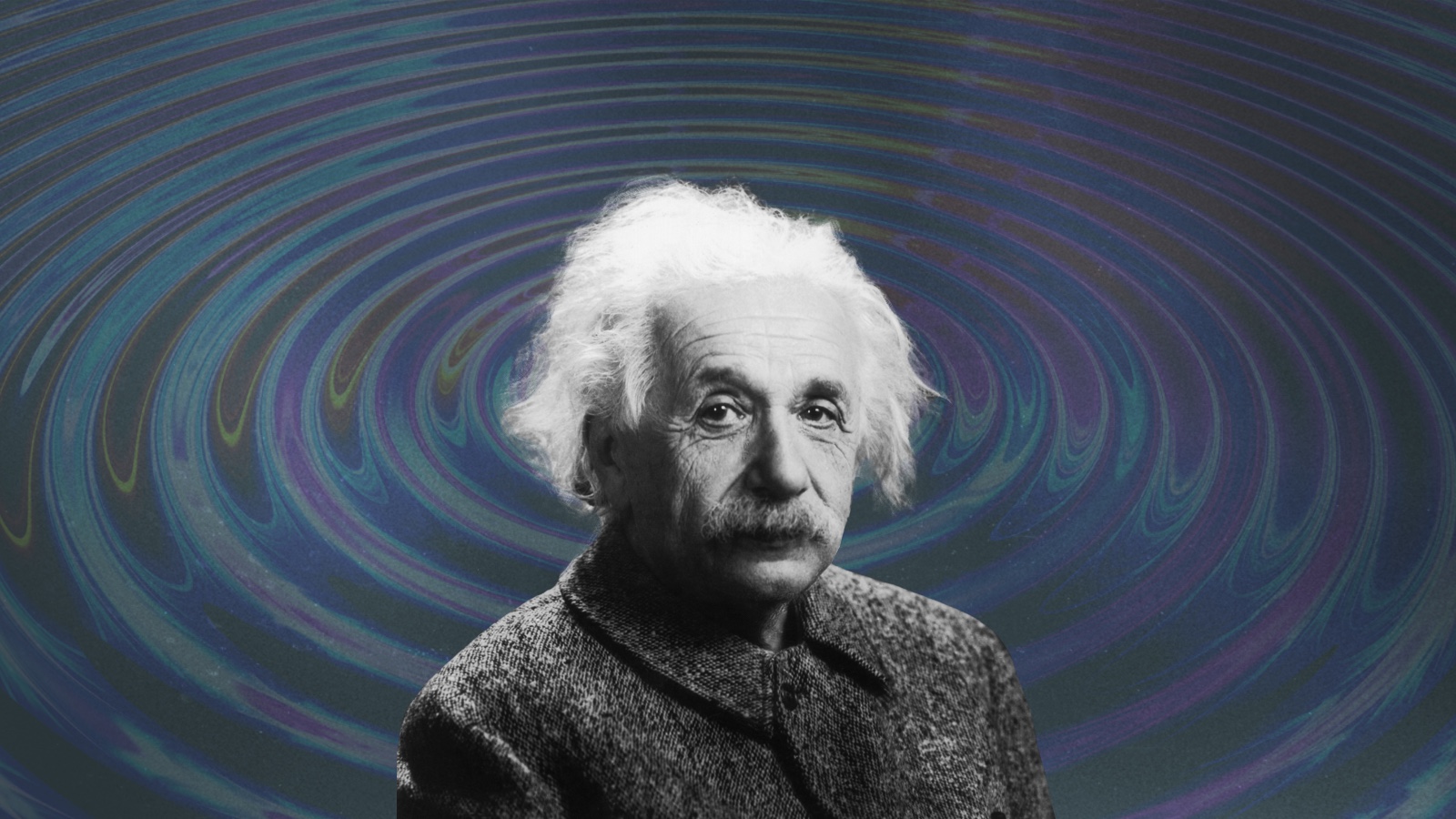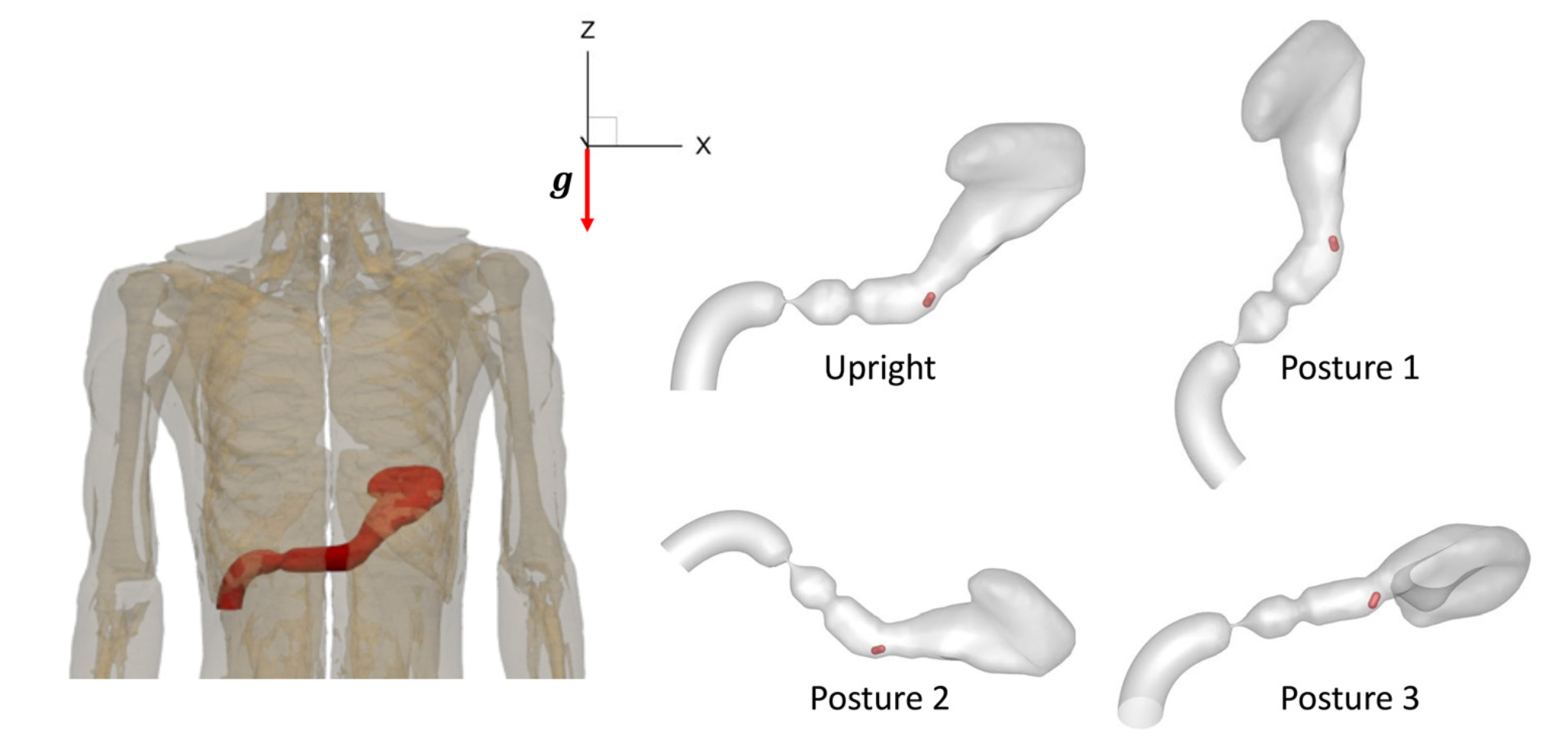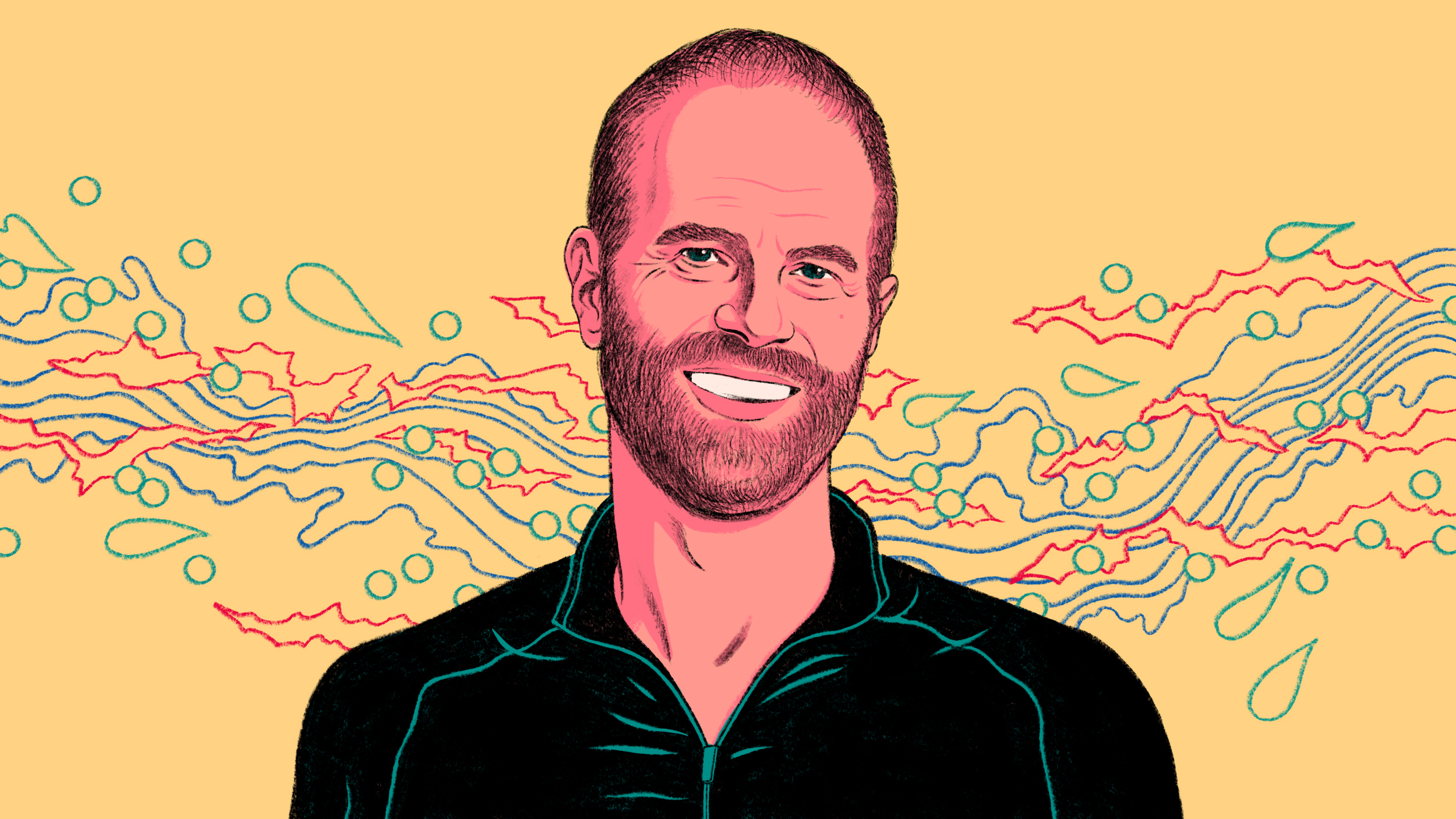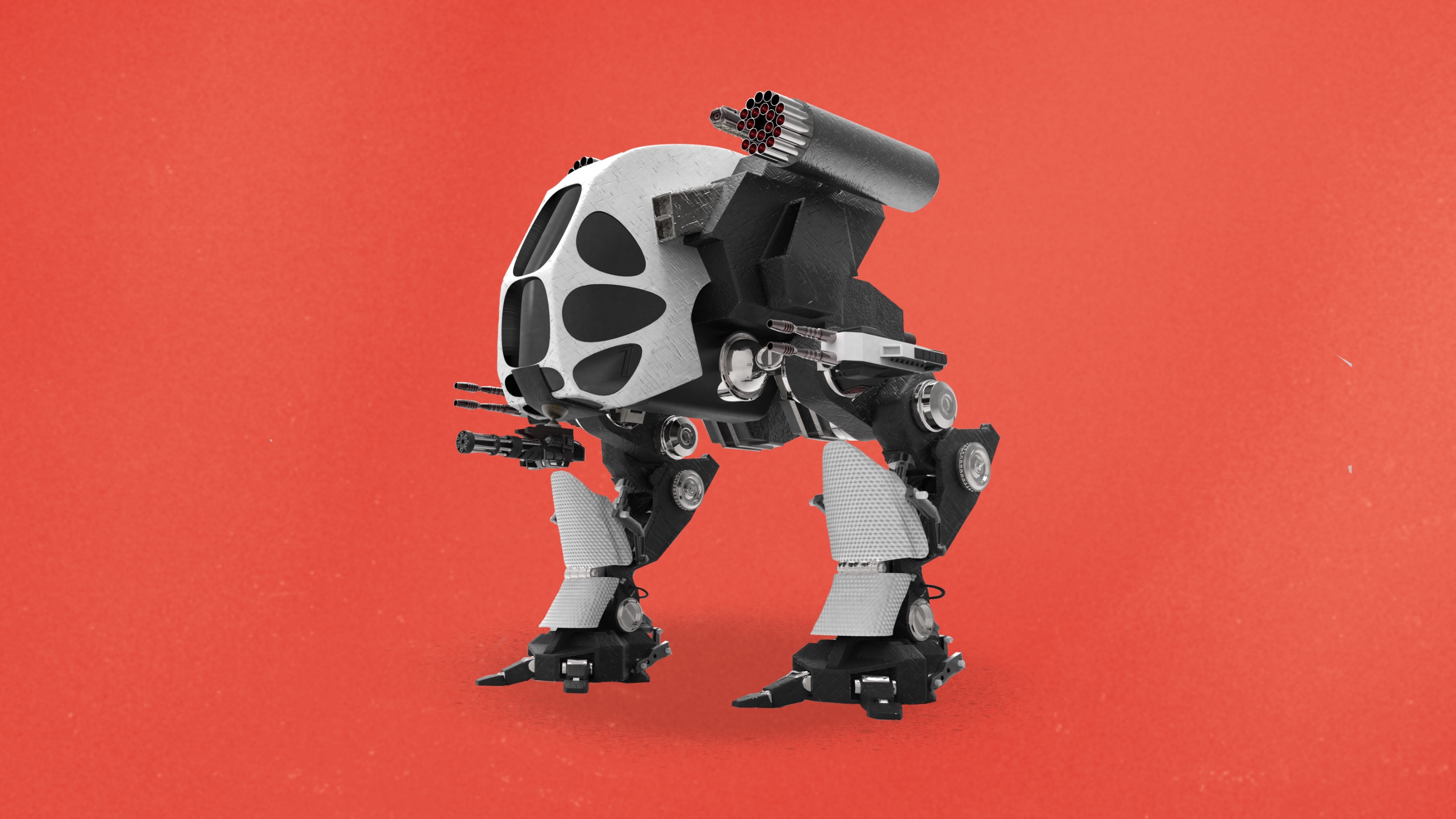From AI to health and the metaverse, this year’s CES promised new tech that will change lives long after the excitement of the latest TV wears off.
Search Results
You searched for: Computers
Kahneman was a world-changing psychologist — even with his lesser known ideas on life satisfaction.
Einstein tried to disprove quantum mechanics. Instead, a weird concept called entanglement showed that Einstein was wrong.
If you want a medication to kick in faster, lean right.
Researchers are looking at neurons required for touch-mediated pain relief.
More than a decade ago, Armenia made chess a required subject in school because it teaches kids how to think and cope with failure. The U.S. should follow suit.
From the explosions themselves to their unique and vibrant colors, the fireworks displays we adore require quantum physics.
It is all too easy for humans to fall into the cognitive trap of thinking that an entity that can use language fluently is sentient or intelligent.
The detection of two celestial interlopers careening through our solar system has scientists eagerly anticipating more.
The AI is helping Twitter users plot movies, design meal plans, and more.
If the metaverse is money, then companies will certainly want to play, too.
Epigenetic entropy shows that you can’t fully understand cancer without mathematics.
Chess could perhaps be the ultimate window through which we might see how our mental powers shift during our lives.
Historically, periods of mass flourishing are underpinned by technological revolutions. Currently, we are undergoing a technological revolution unlike anything the world has ever seen.
The moths in your garden might hear your tomato plant’s pain.
Joe Betts-LaCroix — co-founder and CEO of Retro Biosciences — talks to Big Think about invention, authenticity, and Sam Altman’s “art of the startup.”
If the past is any guide, things are going to take off quickly.
How will we actually feel when the things we do with care are suddenly dealt with in seconds by AI? Here’s a preliminary plan.
William Shatner is going to space because Jeff Bezos loves Star Trek.
A new study says the reason cave paintings are in such remote caverns was the artists’ search for transcendence.
“Dune: Part One” screenwriter Eric Roth spoke with Big Think about the challenges of bringing Frank Herbert’s sci-fi epic to the big screen.
“Lethal autonomous weapon” sounds friendlier than “killer robot.”
Cognitive fatigue results from thinking too hard and long. Neuroscientists now believe they know why this occurs.
The space‑specific neurons in the owl’s specialized auditory brain can do advanced math.
He couldn’t identify the numbers 2 through 9. But strangely, he could still see ones and zeros.
A concept known as “wave-particle duality” famously applies to light. But it also applies to all matter — including you.
As a form of civil disobedience, hacking can help make the world a better place.
Much like computing technology, the Great Red Spot has been getting smaller and faster over the last few years.
Unplugging only ignores the hard work of overcoming your distractions.

